Anthropology
-
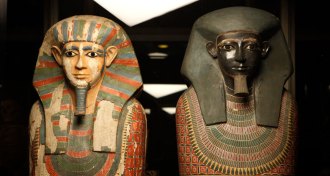 Anthropology
AnthropologyDNA solves the mystery of how these mummies were related
Two ancient Egyptian mummies known as the Two Brothers had the same mother, but different dads.
By Bruce Bower -
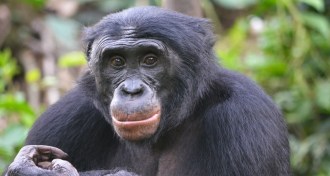 Anthropology
Anthropology‘Laid-back’ bonobos take a shine to belligerents
Unlike people, these apes gravitate toward those who are unhelpful.
By Bruce Bower -
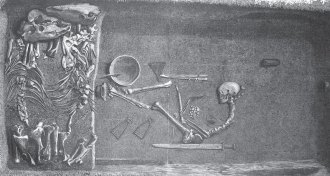 Physics
PhysicsThese 2017 discoveries could be big news, if they turn out to be true
Some findings reported in 2017 are potentially big news, if they hold up to additional scientific scrutiny.
-
 Anthropology
AnthropologyStrong-armed women helped power Europe’s ancient farming revolution
Intensive manual labor gave ancient farm women arms that female rowers today would envy.
By Bruce Bower -
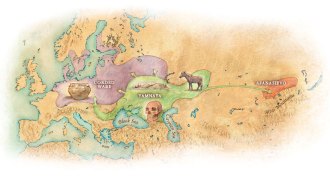 Archaeology
ArchaeologyHow Asian nomadic herders built new Bronze Age cultures
Ancient steppe herders traveled into Europe and Asia, leaving their molecular mark and building Bronze Age cultures.
By Bruce Bower -
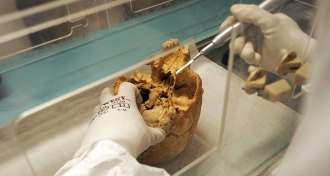 Anthropology
AnthropologyAncient European farmers and foragers hooked up big time
Interbreeding escalated in regionally distinct ways across Neolithic Europe.
By Bruce Bower -
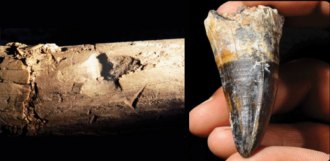 Anthropology
AnthropologyCrocs take a bite out of claims of ancient stone-tool use
Reptiles with big bites complicate claims of Stone Age butchery.
By Bruce Bower -
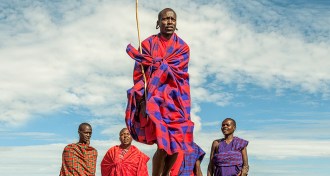 Anthropology
AnthropologyScientists battle over whether violence has declined over time
People are no more violent in small-scale societies than in states, researchers contend.
By Bruce Bower -
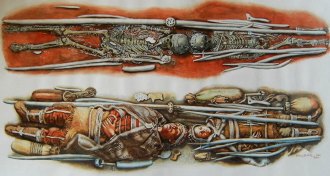 Genetics
GeneticsAncient humans avoided inbreeding by networking
Ancient DNA expands foragers’ social, mating networks.
By Bruce Bower -
 Anthropology
AnthropologyChristina Warinner uncovers ancient tales in dental plaque
Molecular biologist Christina Warinner studies calculus, or fossilized dental plaque, which contains a trove of genetic clues to past human diet and disease.
-
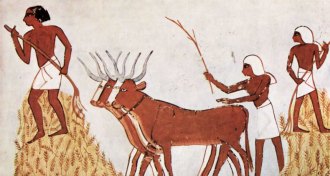 Anthropology
AnthropologyThe rise of agricultural states came at a big cost, a new book argues
In ‘Against the Grain,’ a political scientist claims early states took a toll on formerly mobile groups’ health and happiness.
By Bruce Bower -
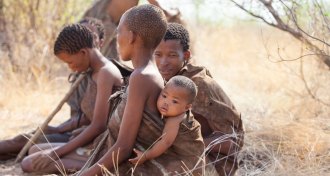 Genetics
GeneticsAncient boy’s DNA pushes back date of earliest humans
Genes from South African fossils suggest humans emerged close to 300,000 years ago.
By Bruce Bower